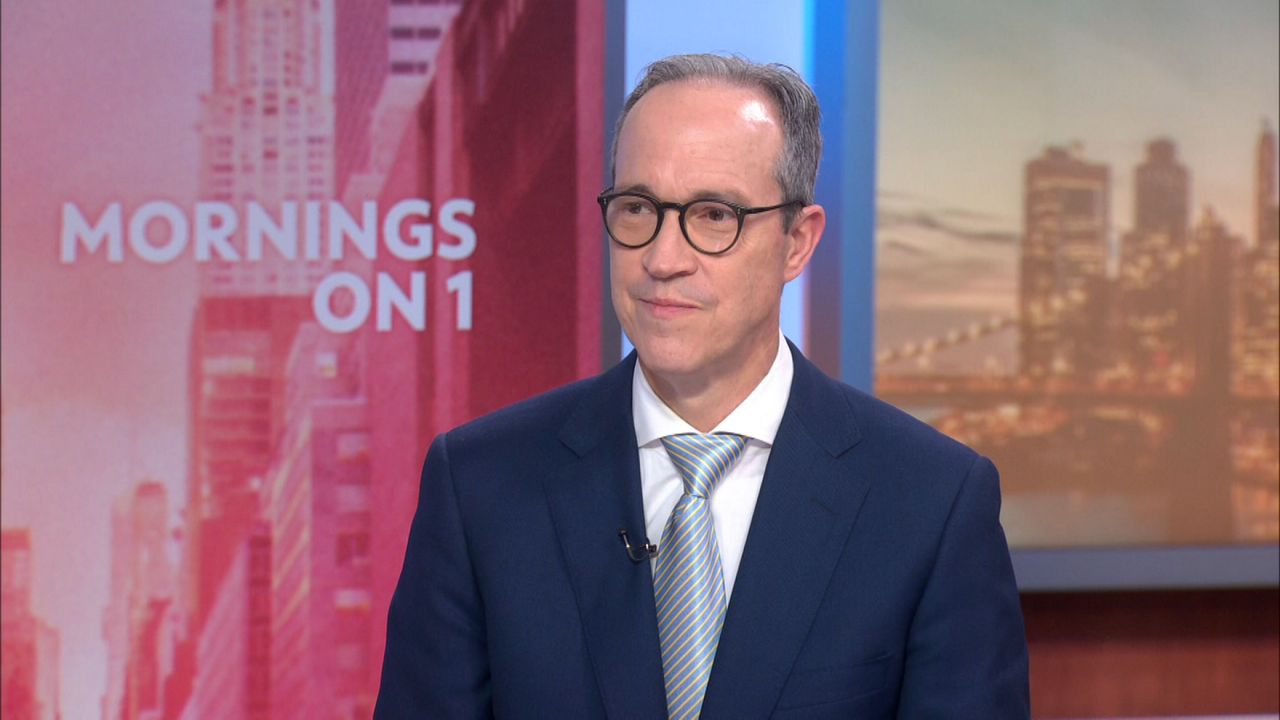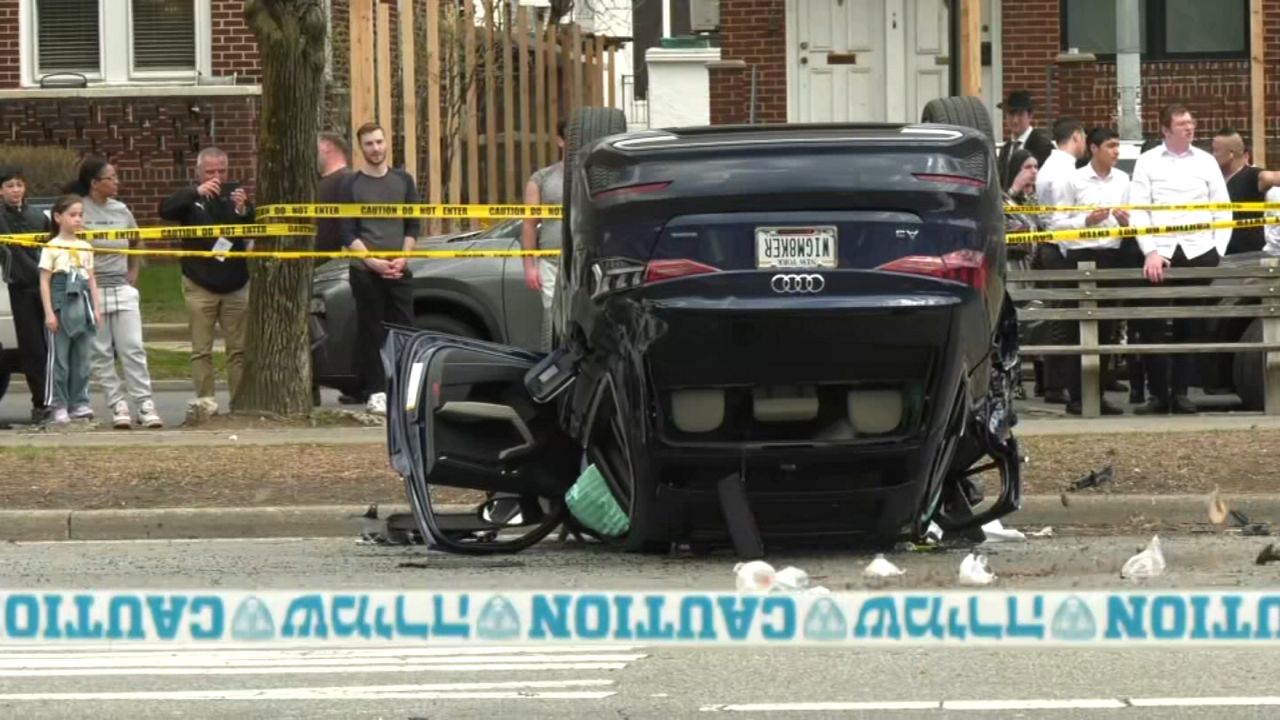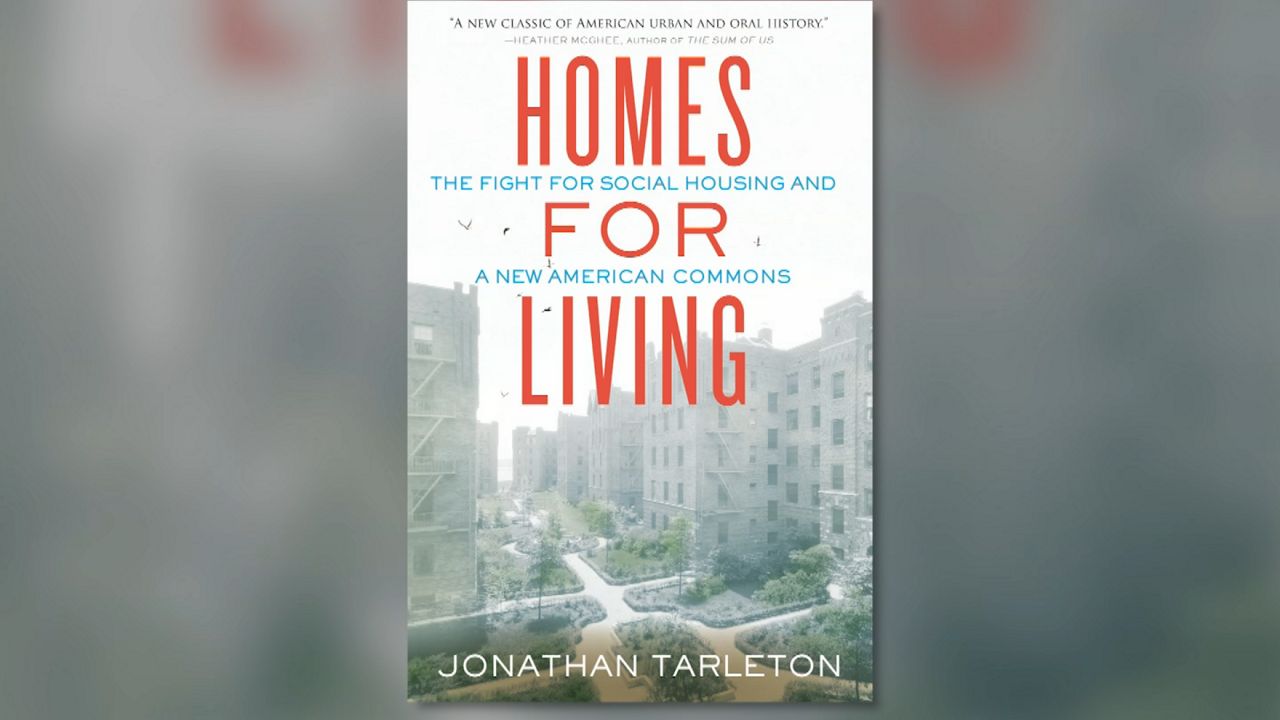Starting Tuesday, April 1, New York City will begin enforcing its mandatory curbside composting regulations, issuing fines to property owners who fail to properly separate organic waste from regular trash.
Fines start at $25 for small buildings with one to eight units and increase to $50 for a second offense and $100 for subsequent violations.
For buildings with nine or more units, fines begin at $100 for the first offense, rise to $200 for a second, and reach $300 for further infractions.
New York City rolled out curbside composting citywide back in October 2024, but enforcement was delayed to allow residents time to adjust.
The rules require that food scraps, food-soiled paper, and yard waste be separated from regular trash.
In addition to fruit and vegetable scraps, the city says it will collect shells, meat, bones, dairy and prepared and cooked foods, as well as pizza boxes and greasy uncoated paper plates.
Items like pet and medical waste, diapers, foam, wrappers and personal or hygiene products can’t be composted, the city noted.
Residents must place the materials in labeled bins of 55 gallons or less with secure lids, or in Department of Sanitation-issued brown bins. To maintain cleanliness, officials recommend lining bins with clear plastic, paper or compostable bags.
Speaking with NY1 on Monday, acting Sanitation Commissioner Javier Lojan stressed the simplicity of the rules.
“It’s pretty simple: Anything you cook, anything you grow — like yard and leaf waste — you can throw out,” he said. “So if you cook it, if you grow it, you can throw it. That’s what we’ve been telling people.”
Lojan said many residents have already been composting for some time, adding that the program has had a significant impact.
“For calendar year 2024, we’ve diverted over 63 million pounds of organic waste,” he said. “So it’s been going pretty well.”
The city says owners and property managers of buildings with four or more units must set up a designated storage area with “clearly labeled” compost bins.
City officials are encouraging residents to review composting guidelines to avoid fines and contribute to sustainability efforts.









